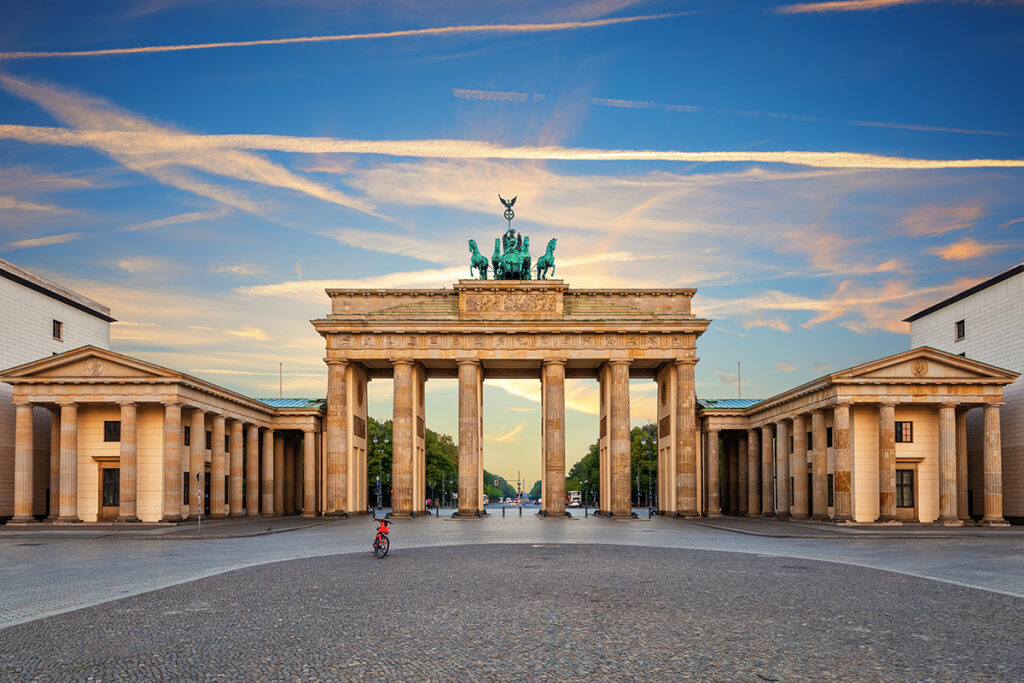Germany has decided not to invite the ambassadors of Russia and Belarus to its upcoming national commemoration marking the 80th anniversary of the end of World War II. The Bundestag ceremony, held in Berlin’s federal parliament, will proceed without representatives from Moscow and Minsk, reflecting growing concerns that their participation could be misused to promote anti-Ukraine narratives amid ongoing conflict in Eastern Europe.
The German government based its decision on internal assessments and formal guidance from the foreign ministry. These guidelines advised excluding Russian and Belarusian figures from all official events commemorating the end of the war. Authorities emphasized the risk that such events could be manipulated to draw parallels between Germany’s historical defeat of Nazism and current geopolitical narratives supporting military aggression.
Ceremony Focuses on Historical Legacy and Present Lessons
The commemorative event is planned as a solemn reflection on the devastation caused by Nazi Germany, centering on the war’s victims and long-term impact. It marks the first major remembrance in Germany since the launch of Russia’s full-scale invasion of Ukraine and is expected to be highly symbolic in both tone and message.
The event will include speeches from top German leaders, including the federal president and the speaker of the parliament, with a special focus on the war’s impact on civilian populations and the importance of peace. No officials based outside Germany are being formally invited to attend. Only selected members of the diplomatic corps already stationed in Berlin will be present, reinforcing the government’s cautious stance.
Germany has consistently maintained its support for Ukraine, emerging as the country’s second-largest provider of military assistance after the United States. This backdrop has made the decision to exclude Russia and Belarus particularly significant, as it underscores Berlin’s alignment with Ukraine and its rejection of narratives that might distort historical memory.
Controversy Surrounds Russian Ambassador’s Public Appearance
The announcement comes shortly after controversy erupted over the Russian ambassador’s presence at a separate anniversary event in eastern Germany. Although organizers had requested a silent ceremony to prevent political statements, the ambassador was seen interacting warmly with local officials, prompting backlash from Ukrainian representatives.
This appearance raised questions about the appropriateness of allowing officials from nations currently involved in active conflict to participate in events intended to honor shared historical sacrifices. Critics pointed out that the ambassador represents a government currently engaged in aggressive military action, making his presence deeply problematic in the eyes of many, particularly Ukrainian officials.
The Battle of the Seelow Heights, where the Russian ambassador appeared, holds symbolic weight. It was the largest battle on German soil during the Second World War and resulted in tens of thousands of deaths, including soldiers from Russia, Belarus, Ukraine, Germany, and Poland. While Germany continues to preserve Soviet war memorials in accordance with post-Cold War agreements, this episode has reignited debate over how to responsibly remember history during times of modern conflict.
Political Implications and Domestic Response
Germany’s internal political landscape is also playing a role in how the commemoration is framed. With a new chancellor set to assume office just before the anniversary, there is a strong commitment from the incoming administration to uphold Germany’s support for Ukraine and reaffirm democratic values in the face of rising geopolitical threats.
At the same time, the far-right Alternative für Deutschland (AfD) party—known for its pro-Kremlin stance—has gained ground as the largest opposition bloc in parliament. This political development adds complexity to Germany’s foreign policy decisions, especially concerning Russia and its allies.
Despite these tensions, Germany has remained firm in its approach, choosing to prioritize historical integrity and current international responsibility. The decision to exclude Russia and Belarus from the commemoration highlights a broader strategy to avoid politicizing remembrance events and to ensure they are not misused to legitimize acts of modern aggression.


